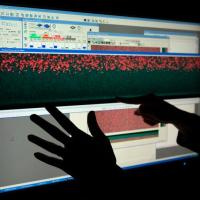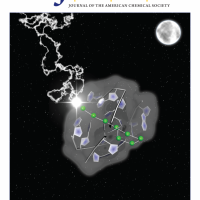News

New Petit Institute program for core facilities supporting novel experiments
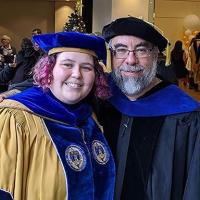
Two School of Physics scientists have published instructions for using powerful, lower-cost microcontrollers that can make biophysics research more accessible.
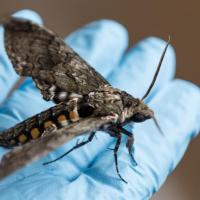
By capturing and analyzing nearly all of the brain signals sent to the wing muscles of hawk moths, researchers have shown that precise timing within rapid sequences of neural signal spikes is essential to controlling the flight muscles necessary…
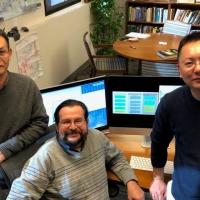
How chiral systems emerged is one of the key questions of origins-of-life research. Many explanations have been proposed. Now a Georgia Tech team examining the problem suggests that stability is what drove the emergence of chiral systems.
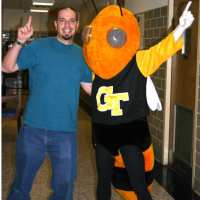
School of Biological Sciences associate professor Michael Goodisman is studying the highly social behavior of yellow jackets.

Five of the 14 the Petit Undergraduate Research Scholars for 2020 are science or mathematics majors. The 2020 scholars are a diverse cohort whose expertise spans a wide range of majors, notes Raquel Lieberman, professor in the School of…
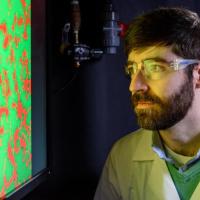
A team with promising technology to combat antibiotic resistance has received funding to accelerate commercialization. The team includes David Weiss, a clinical investigator…
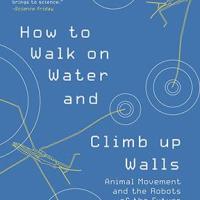
On the heels of the 2019 Ig Nobel Prize in Physics, two more awards have been bestowed on David Hu. The American Institute of Physics (AIP) selected…
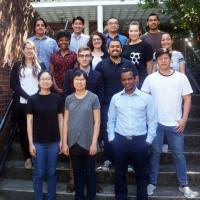
When the National Science Foundation and the Simons Foundation launched the Research Centers for Mathematics of Complex Biological Systems (MathBioSys) initiative two years ago, the idea was to bring two distinct disciplines together to enable…

NIH supporting Petit Institute/School of Biological Sciences researcher’s research strategy
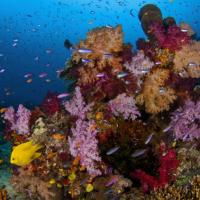
Corals exude chemical defenses against bacteria, but when heated in the lab, those defenses lost much potency against a pathogen involved in coral bleaching. There's hope: A key coral's defense was heartier when that coral was taken from an…

The American Physical Society (APS) has elected Flavio Fenton and Carlos Silva to the Society's 2019 Fellows. …

School of Earth and Atmospheric Sciences Assistant Professor Chris Reinhard studies the early Earth in the hopes of learning clues about potential Earths outside our solar system.
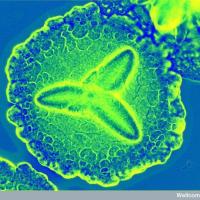
Mythbuster: The idea that bacterial collaborations within microbiomes, like in the mouth, have evolved to be generous and exclusive very much appears to be wrong. In an extensive experiment, lavish collaborations ensued between random…

How wombats produce the distinctively shaped poop has been of interest to the research teams of Georgia Tech mechanical engineering professor David Hu and…

The National Institutes of Health has awarded a $2.5 M grant over five years to advance the clinical potential of bacteria-killing viruses to treat antibiotic-resistant infections. Joshua Weitz of the School of Biological Sciences and Justin…
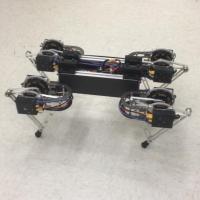
To walk or run with finesse, roaches and robots coordinate leg movements via signals sent through centralized systems -- but utterly divergent ones. Despite their seemingly unbridgeable differences, researchers have devised handy…
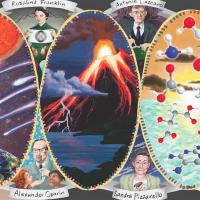
It nearly baffled researchers to see amino acids that make up life today spontaneously link up under lab conditions that mimicked those of pre-life Earth. The amino acids formed short predecessors of today's proteins even though …

